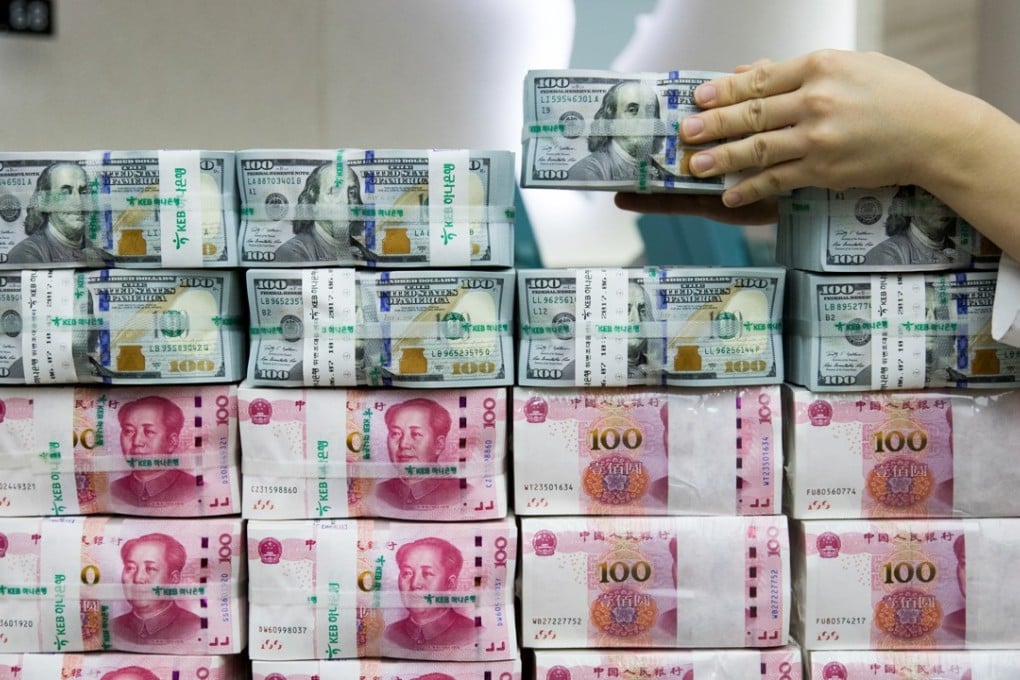Across The Border | Yuan’s gains an opportunity for China’s central bank to push reform, not a matter of concern
Two recent changes to reserve requirements that make it easier to short yuan raise concerns authorities are worried about the currency’s rise, but analysts see confidence in current exchange rate

Changes to some reserve requirements by the People’s Bank of China this week that made it easier to short the yuan onshore and bet against it offshore had raised speculation that the authorities were worried about the currency’s recent strengthening.
But analysts said that the exchange rate was unlikely to be a major concern, as it is still stable in trade-weighted terms, and that instead the central bank may be using the easing of depreciation pressure as an opportunity to increase the two-way flexibility of the yuan exchange rate and resume financial reforms and efforts to push the yuan’s globalisation.
The PBOC cut the yuan’s guidance rate on Tuesday for the first time in 12 sessions to 6.5277 per US dollar. That was down 280 basis points, or 0.43 point, from the previous day, marking the biggest cut in eight months.
The day before, the PBOC had scrapped a requirement for domestic financial institutions to settle foreign exchange forward positions, a move that had been in place since August 2015 when the yuan was weakening sharply. It also removed a requirement for foreign banks to set aside reserves for offshore yuan deposits in China. The two moves have lowered yuan hedging costs and made it easier for traders to buy foreign currencies and short the yuan.
The measures gave rise to market speculation the authorities were worried about renminbi strength, which might hurt exporters, as the yuan surged nearly 2 per cent last week against the US dollar, the biggest weekly gain in more than a decade.
However analysts said that was unlikely.

